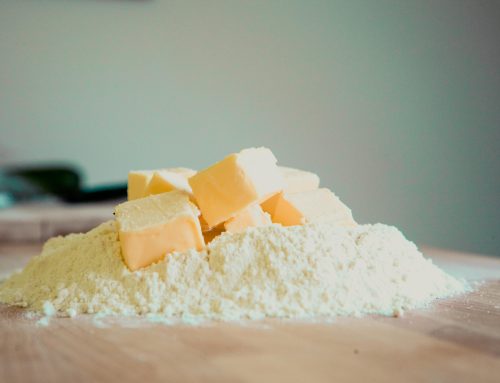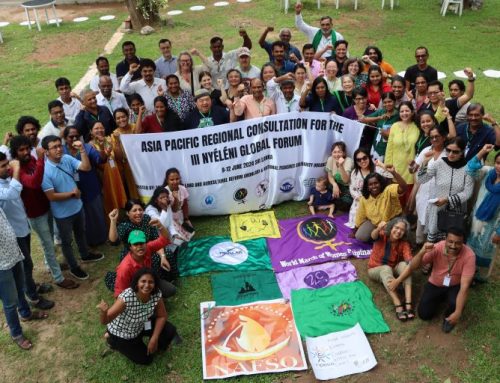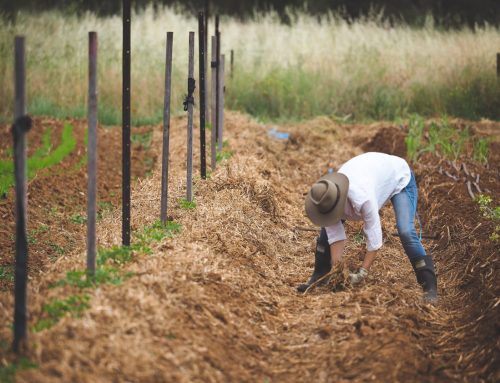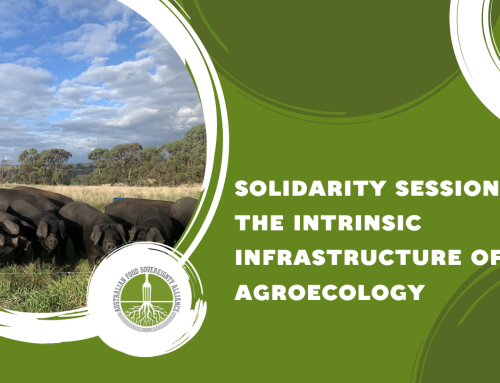Strategic Retreat, 12-14 December 2018
The National Committee of the Australian Food Sovereignty Alliance (AFSA) met for its sixth strategic planning retreat on the traditional lands of the Dja Dja Wurrung people, paying our respect to elders past and present.
We recognise the Original Owners and their role in caring for this land for over 60,000 years, their long history of growing food in ethical and ecologically-sound ways, and their careful maintenance of biodiversity before and since Invasion.
We acknowledge the ecological devastation caused by industrial agriculture since European invasion, and commit to ongoing conversations with communities of Indigenous Peoples. We again commit to supporting our members to seek stronger ties to Indigenous communities and work towards a day where everything we do is in connection and mutual accountability with community.
During our meeting, the Committee was delighted to have the support of the legendary Costa Georgiadis of ABC Gardening Australia fame. Members of our team joined Costa on a livestream to discuss AFSA’s crowdfunding campaign to publish Farming Democracy, eight stories of small-scale agroecological farmers of how they grow, process, and distribute their produce, including what it costs them and what they ultimately live on in an effort to bring radical transparency to the food system. We are even more delighted to have reached our target this morning, and look forward immensely to printing the book and launching it at AFSA’s inaugural Farm Day Out at Jonai Farms on 17 March 2019!
We have developed a plan to continue collecting the stories of the growing number of farmers producing and distributing food in ethical and ecologically-sound ways and publishing them on the AFSA website to show what is not only possible, but happening across Australia and the world.
We are grateful to the Victorian Government for its dedication to working with small-scale agroecological farmers to reform the planning provisions over these past three years in close collaboration with AFSA and our allies. The reforms better reflect the low-risk nature of these farming systems, and we look forward to working further with other states undertaking reform, in particular New South Wales, which is already in progress.
We’re also working to refute claims that those of us opposed to intensive livestock agriculture are ‘anti-science’ and the spurious claims that we can only feed the world with large-scale intensive agriculture systems, and to build an evidence base that in fact small-scale agroecological farming is the best way to feed a growing world population. Biosecurity is biological security and food and agriculture systems that are based on single species are not biologically secure.
We’re building a database of communities that have been fighting for their right to determine their own food & agriculture systems – fighting to stop the incursion of large, stinking sheds full of pigs and poultry. We’re analyzing the reasons some have won their battles to protect their air, water, soil, and communities, and why some have lost. And we’re seeking to connect communities fighting the same battles to share the winning strategies and support more in their struggles.
AFSA have heard from our members that they hold deep concerns about the over-use of agricultural chemicals such as glyphosate, and have made a submission to the current Senate Inquiry into the Independence of Regulatory Decisions Made by the APVMA (the agvet chemical regulator). We are committed to better understanding our members’ concerns and to developing a robust, evidence-based position on the use of agvet chemicals in agriculture.
We have plans to seek dedicated funding to deepen our capacity to increase the number of farmers taking control of the means of production, especially but not only around the current exciting movement to build small-scale regional abattoirs and grain mills.
We’ll be seeking input from members across Australia of best practice examples of councils enacting food sovereignty with specific policies and activities, such as the proposed Victorian Central Highlands Premium Produce Hub, which aims to provide knowledge, networks and practical opportunities to local farms to support its many producers’ viability. We look forward to sharing these examples on the AFSA website to encourage more councils to support food sovereignty for their communities.
We are working on the curriculum for a Buckminster Fuller Series of farmers’ workshops that aim to help more farms run viable models that reject the false promises of endless growth, gain control of their value chains, and sell directly to the people who eat their food grown in ethical and ecologically-sound ways. Once fully developed, AFSA will host these workshops across the country, training more farmers to run their own workshops to continue growing the new/old system.
AFSA look forward to supporting our wildly successful event that began as Slow Meat in 2017 and will be re-badged in response to participant feedback as REAL Good Meat: ethical, ecological, delicious.
This year we are extremely fortunate to have the capacity to have formed an international team within the committee, which will deepen and strengthen our work in the global movement with La Via Campesina and the International Planning Committee for Food Sovereignty, including attendance at a range of meetings and workshops convened by the Food & Agriculture Organisation and other bodies of the United Nations. We are grateful to the FAO for its commitment to fund the social movements, which, along with funding from other external bodies, enables the participation of civil society without creating a drain on AFSA’s and other organisations’ scarce resources.
Finally, we are thrilled to announce that the 2019 Food Sovereignty Convergence will be held in Brisbane, hosted by the pioneering dynamic duo Robert Pekin and Emma-Kate Rose in their newly equity crowdfunded Food Connect Shed in October 2019.
Here’s to another great year of progressing the ambitious aims of food sovereignty, to ensure everyone has access to culturally-appropriate and nutritious food produced and distributed in ethical and ecologically-sound ways, and our right to democratically determine our own food & agriculture systems!
Viva la revolución!




